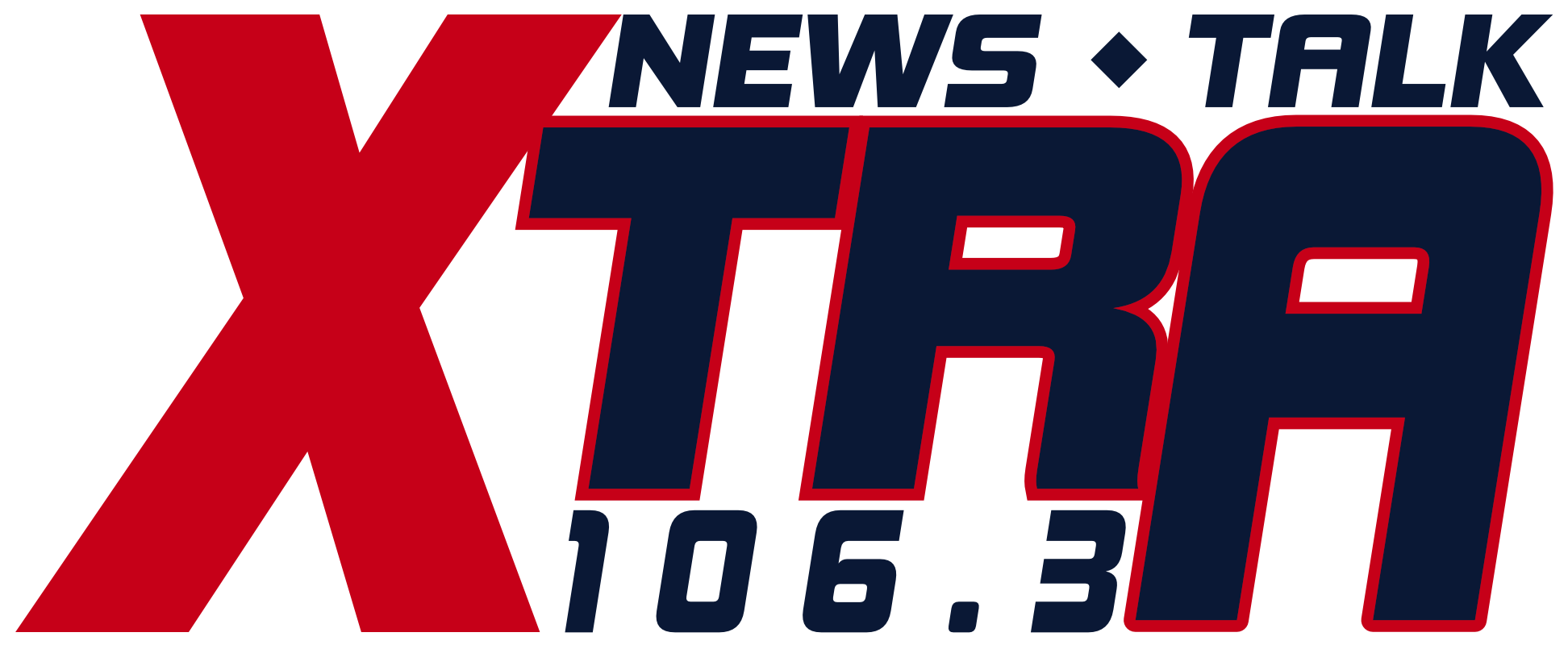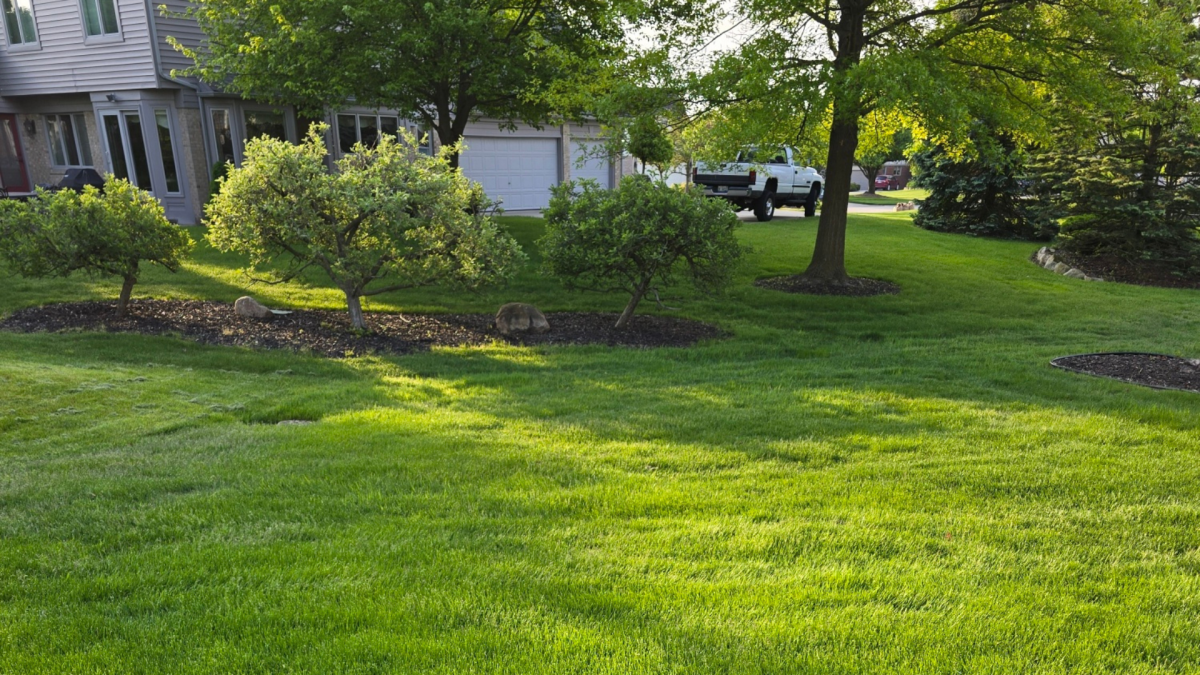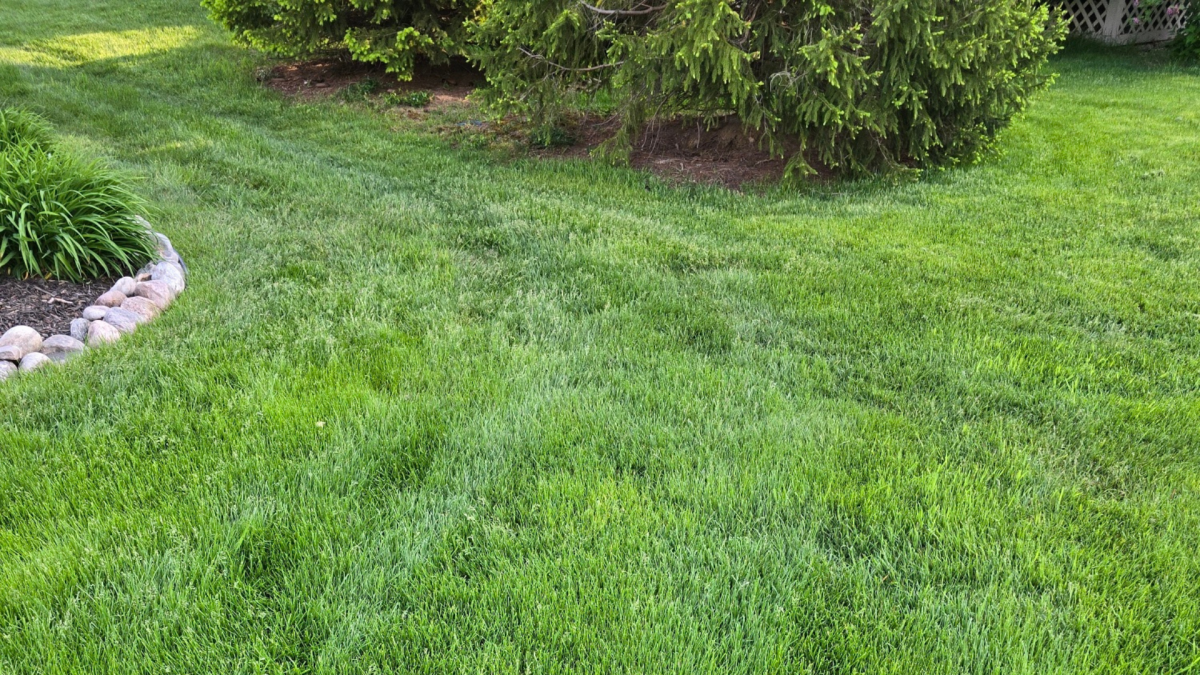As November progresses across Southeast Michigan, many homeowners assume the window for lawn treatments has closed. However, lawn care professionals note that late fall remains an effective time for fertilization and weed control, even for households with pets. The key lies in understanding proper timing, product selection, and safety protocols specific to cooler weather applications.
Soil temperatures in Livonia, Plymouth, Canton, and surrounding communities typically remain above 40°F through mid-to-late November, allowing grass roots to continue absorbing nutrients even as surface growth stops. This biological reality creates opportunities for strategic lawn treatments that build foundation health for spring. For detailed information about safe pet-friendly lawn fertilization and weed control options, homeowners can access educational resources explaining the science behind late season applications.
Common Misconceptions Create Unnecessary Hesitation
Many pet owners delay or avoid lawn treatments based on outdated information about chemical applications and timing windows. The assumption that all lawn products pose significant risks to pets, or that November applications prove ineffective, prevents homeowners from taking actions that would benefit their properties.
Modern lawn care formulations have evolved significantly from products used decades ago. Today's professional-grade treatments include naturally derived ingredients and low-impact synthetic options designed to break down quickly in soil. These advances address pet safety concerns while maintaining effectiveness against weeds and nutrient deficiencies.
The belief that lawn treatments only work during active growing seasons overlooks how cool-season grasses function. Kentucky bluegrass, perennial ryegrass, and tall fescue, the predominant turf types in Southeast Michigan, store nutrients in root systems and crowns during late fall. These reserves fuel spring green-up and improve drought tolerance during the following growing season. Without adequate nutrient stores, lawns emerge from winter weakened and more susceptible to weed competition and disease pressure.
Pet owners also frequently misunderstand re-entry times and application methods. The concern that treated lawns remain unsafe for extended periods causes some households to forgo treatments entirely. In reality, modern applications with proper drying time allow pet access within hours, not days. November's cooler temperatures and reduced sunlight actually extend drying times compared to summer applications, but pets naturally spend less time outdoors during colder months, reducing exposure risk.
Comprehensive Approach Addresses Multiple Lawn Health Factors
Professional lawn care services addressing late fall needs typically combine several treatment types working synergistically. Slow-release nitrogen fertilizers support root development without pushing excessive top growth that would be vulnerable to winter damage. These formulations release nutrients gradually as soil temperatures allow, maximizing uptake efficiency.
Broadleaf weed control targets persistent dandelions, clover, and other competitive plants while they remain vulnerable before full dormancy. Late fall applications also establish pre-emergent barriers preventing spring germination of annual weeds like crabgrass. This dual approach reduces weed pressure during the following growing season.
Potassium applications improve cell wall strength and cold tolerance, helping turf withstand freeze-thaw cycles common to Michigan winters. This nutrient often receives less attention than nitrogen but plays crucial roles in stress resistance and disease prevention.
Liquid aeration products address soil compaction without mechanical disruption. High-traffic areas and clay-heavy soils typical of Southeast Michigan benefit from improved water and air penetration to root zones. November applications work effectively because reduced foot traffic allows products to penetrate without interference.
Tree and shrub care complements lawn treatments during late fall. Deep root fertilization supports woody plants entering dormancy, particularly specimens showing stress signs during the previous growing season. Dormant oil applications control overwintering insects on ornamental plants without affecting beneficial insects already departed for winter.
Established Local Providers Offer Experience-Based Protocols
Companies serving Southeast Michigan for extended periods develop expertise specific to regional conditions. Nearly three decades of local service, like that provided by Independent Lawn Service, creates understanding of how weather patterns, soil types, and grass varieties interact across different municipalities. This experience informs product selection, timing decisions, and application techniques that account for neighborhood-specific factors.
Transparency about products and methods distinguishes quality providers from those making vague safety claims. Reputable companies freely share information about formulations used, explain why specific products suit particular situations, and provide detailed re-entry guidance based on actual drying times rather than generic recommendations. They time applications around weather forecasts, avoiding treatments immediately before heavy precipitation that could compromise effectiveness or cause runoff.
Communication accessibility matters particularly for pet-owning households with legitimate safety questions. Providers offering multiple contact methods and responsive service help customers make informed decisions about treatment timing relative to pet schedules and outdoor activities.
Specialized Solutions Address Regional Challenges
Southeast Michigan's climate creates specific lawn care challenges requiring targeted responses. Professional weed control services address both cool-season and warm-season weed species that exploit different vulnerability windows. Fall applications catch winter annuals establishing during temperature drops while creating barriers against spring annuals germinating as soil warms.
Grub control programs, though primarily applied during different seasons, connect to fall lawn health. Turf weakened by summer grub feeding benefits from fall fertilization supporting recovery. Healthy, well-nourished root systems better withstand various pest pressures throughout the year.
The integration of multiple service types creates comprehensive property health rather than isolated treatments. Fertilization supports grass vigor. Weed control reduces competition. Aeration improves nutrient uptake. Each element reinforces others, producing results exceeding what any single treatment achieves alone.
Customer-Centered Service Builds Long-Term Relationships
Lawn care providers prioritizing education over aggressive sales tactics earn customer trust and loyalty. Explaining why certain treatments benefit specific properties at particular times respects homeowners' intelligence and decision-making capacity. This approach acknowledges that customers want to understand what they're purchasing and why it matters.
Flexible scheduling accommodates family routines and pet care responsibilities. Providers willing to work around customer schedules, provide advance notice before applications, and adjust timing based on weather or personal factors demonstrate respect for clients' time and priorities.
Community involvement beyond business transactions strengthens provider-customer relationships. Companies supporting local initiatives, participating in neighborhood events, and contributing to community wellbeing create connections transcending simple service provision.
Taking Informed Action Before Winter
November's remaining weeks offer Southeast Michigan homeowners opportunities to strengthen lawns before winter fully arrives. Understanding that modern treatments accommodate pet safety, that grass biology supports late fall applications, and that professional expertise guides proper timing helps homeowners move past misconceptions preventing beneficial actions.
Independent Lawn Service continues providing guidance to Plymouth, Canton, Livonia, Novi, and Northville area residents navigating lawn care decisions during transitional seasons. Homeowners seeking information about treatment options, timing windows, or pet safety protocols can reach the company at 734-600-9161. The approaching ground freeze makes November the final window for treatments supporting spring lawn health, but that window remains open for informed homeowners ready to act.





